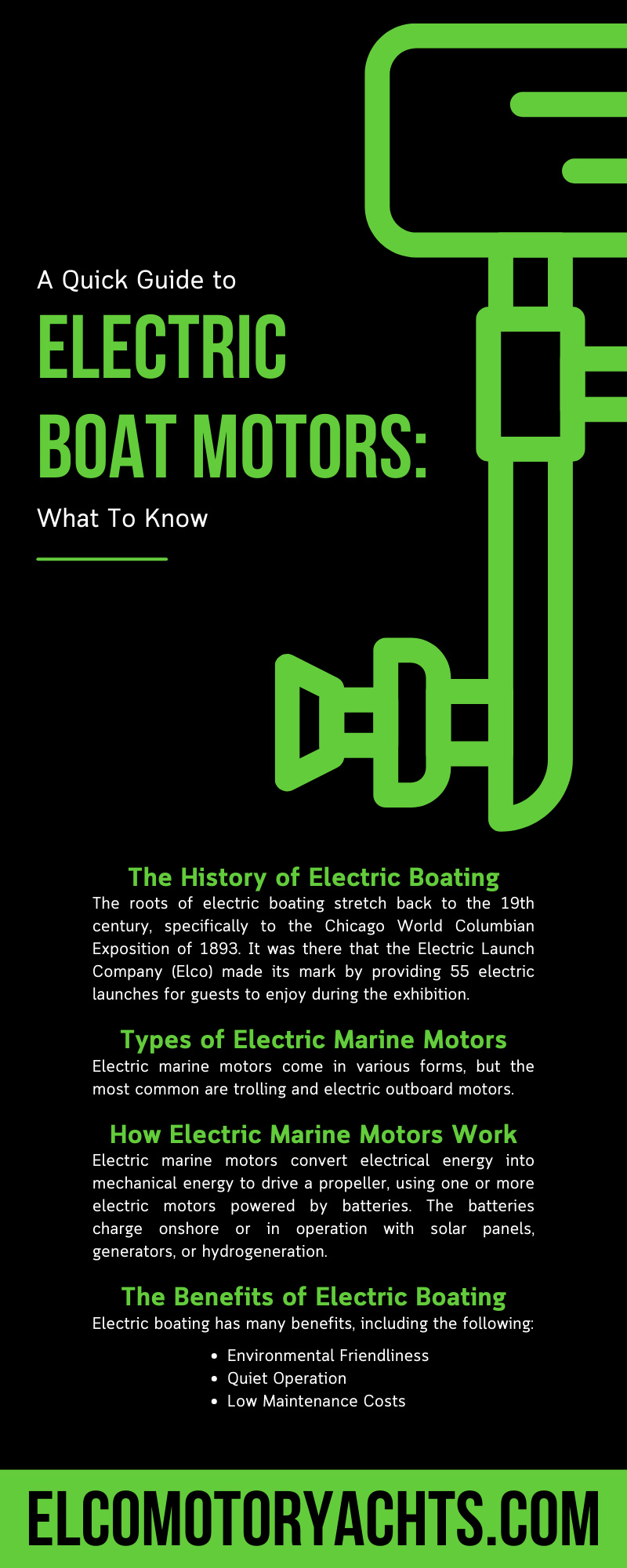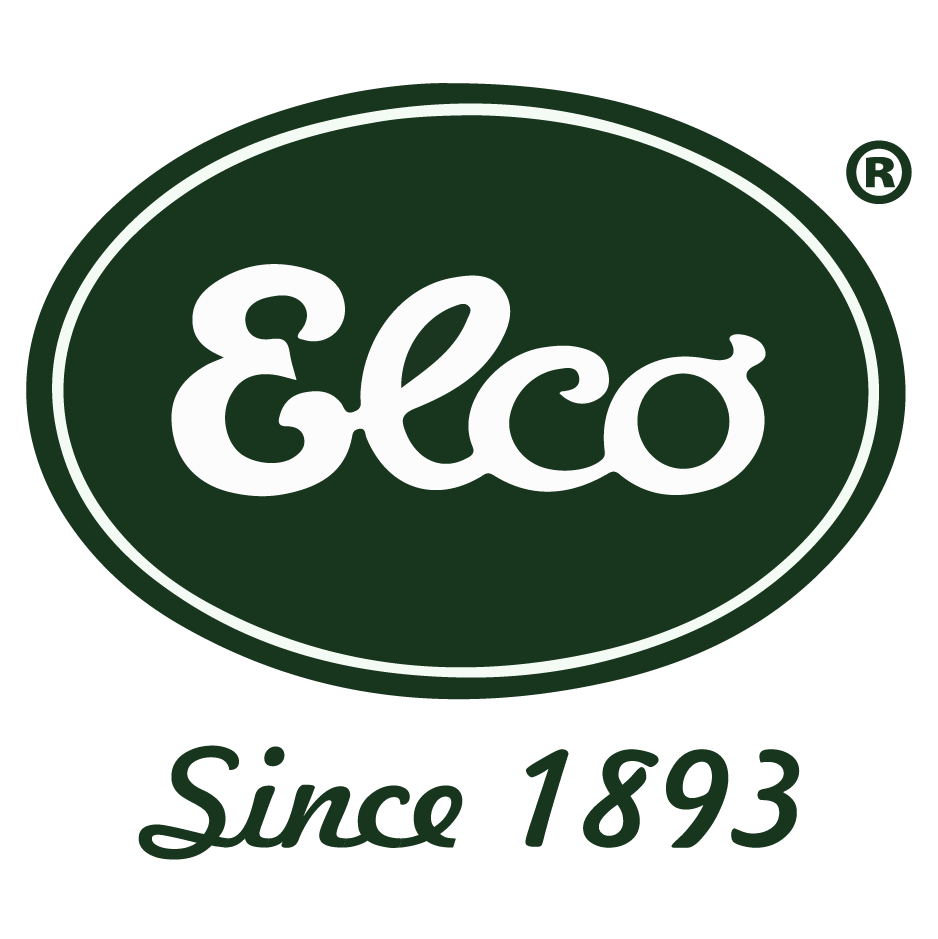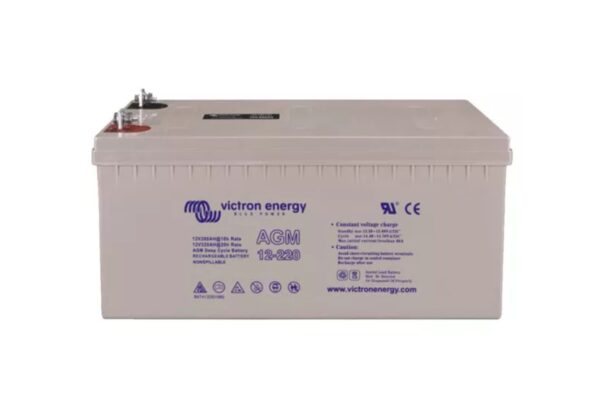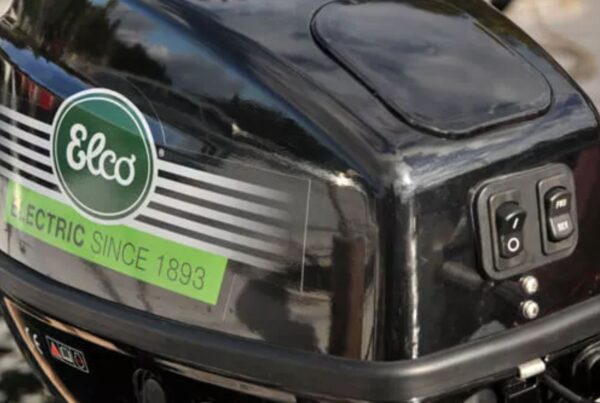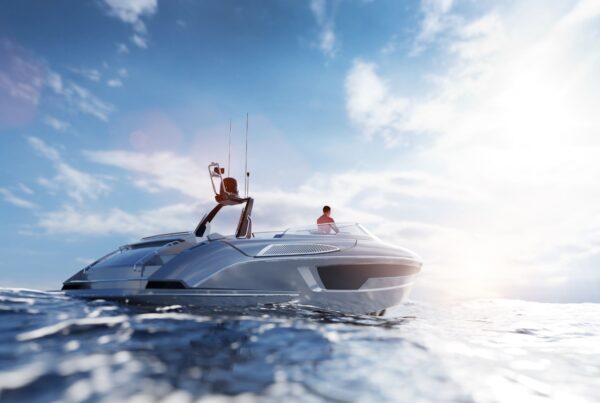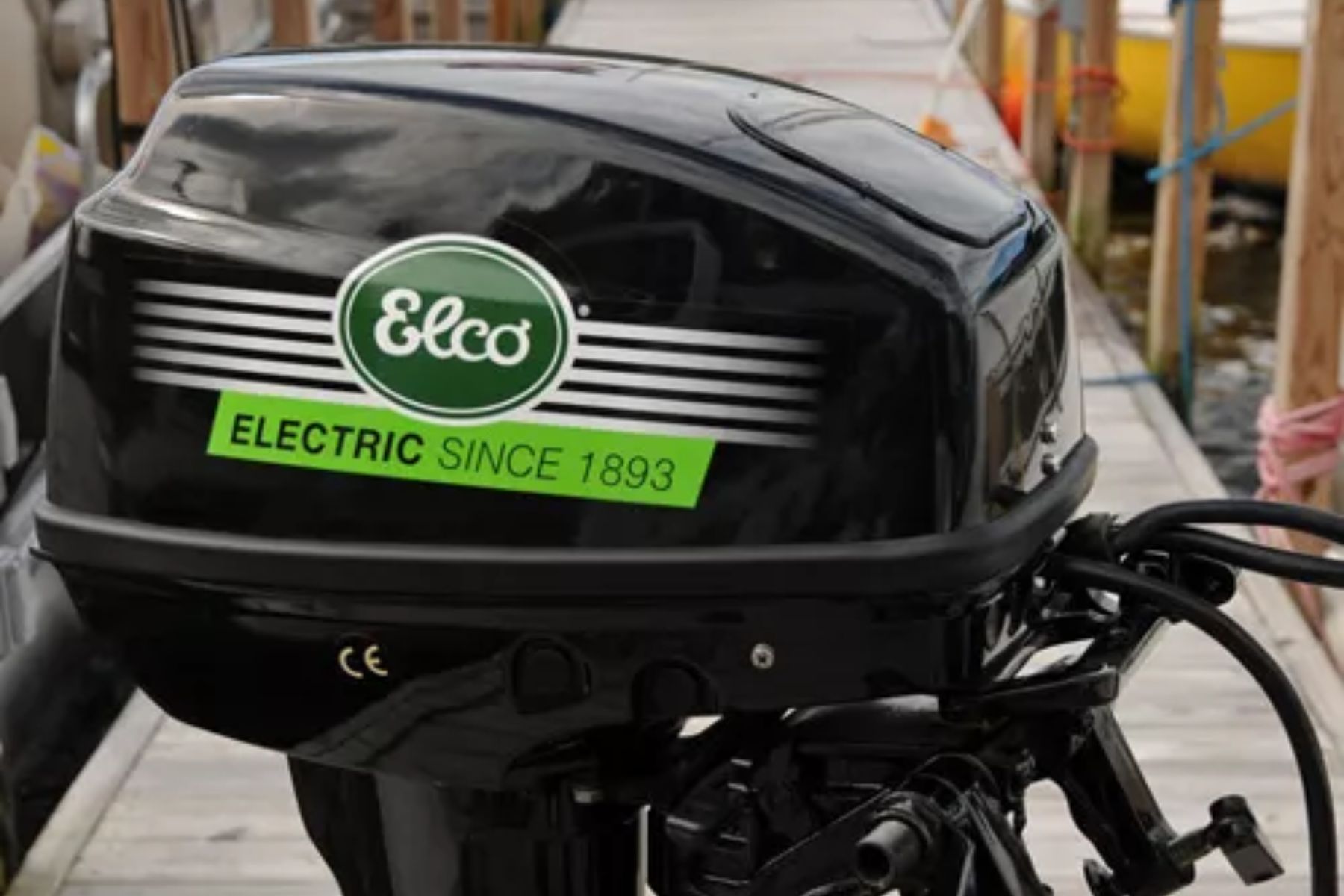
With their clean, quiet, and sustainable operation, electric boat motors represent a dependable alternative to conventional gasoline-powered models. If you’re considering making the shift to electric motors or you’re intrigued by this technology, this quick guide to electric boat motors and what to know will provide you with an overview of what electric boat motors are, how they work, and their benefits.
The History of Electric Boating
The roots of electric boating stretch back to the 19th century, specifically to the Chicago World Columbian Exposition of 1893. It was there that the Electric Launch Company (Elco) made its mark by providing 55 electric launches for guests to enjoy during the exhibition. These boats were a resounding success, transporting over a million passengers during the event. Elco earned a reputation for its innovative and elegant yachts as it established the foundation of electric boating.
Fast forward to the 1950s, when the company shifted to manufacturing electric boat motors. This shift positioned Elco as a pioneer in the industry, pushing the boundaries of what was possible on the water and setting the stage for the electric boating revolution of today.
Types of Electric Marine Motors
Electric marine motors come in various forms, but the most common are trolling and electric outboard motors.
Trolling Motors
Trolling motors are small electric motors primarily for small fishing boats where quiet, slow, controlled movement is important while luring prey. They are usually mounted on the bow and used for slow, precise movement or maintaining a position against wind or current without anchoring. Trolling motors are not typically a primary source of propulsion. Instead, boat owners use them for maneuvering at low speeds. Note that Elco does not manufacture trolling motors.
Electric Outboard Motors
Electric outboard motors can replace traditional outboard motors for primary propulsion. These motors are powerful, efficient, and quiet. They are ideal for small fishing boats, dinghies, and even pontoon boats and deck boats.
Electric Inboard Motors
Inboard electric motors are good options for large boats. Mariners typically use electric inboard motors for cruising sailboats and motorboats, where the motor is integrated with the design of the boat itself. They take up less space than outboard motors and provide excellent balance and weight distribution.
How Electric Marine Motors Work
Electric marine motors convert electrical energy into mechanical energy to drive a propeller, using one or more electric motors powered by batteries. The batteries charge onshore or in operation with solar panels, generators, or hydrogeneration. With the third option, the propellor moves in the water and generates electricity that is stored in the electric motor’s battery.
One of the main advantages of electric marine motors is their simplicity. With fewer moving parts than a traditional diesel or gasoline model, electric motors are more reliable and require less maintenance. They also produce zero exhaust emissions, making them environmentally friendly for boaters.
The Benefits of Electric Boating
Electric boating has many benefits, including the following:
- Environmental Friendliness: Electric motors produce zero exhaust emissions, making them clean for marine environments.
- Quiet Operation: At cruising speed, electric motors are about half as loud as traditional gas or diesel-powered engines, and they’re nearly silent at slow speeds. This perk allows you to enjoy the peacefulness of the water without the loudness of a traditional motor. They also create less vibration, making for a smoother ride.
- Low Maintenance Costs: With few moving parts, electric motors require much less maintenance than their gasoline counterparts, reducing repair costs for boat owners.
Things To Consider Before Switching to Electric Propulsion
Before making the switch from gas or diesel to electric boat motors, you should consider several important factors:
Range and Monitoring Battery Charge
Range refers to how far you can travel on a single battery charge. This value heavily depends on the battery’s capacity, the speed at which you’re traveling, and the conditions on the water. Many electric boats come with a battery monitoring system that provides real-time data on the state of the battery when charging, allowing you to plan your journeys accordingly.
Power Needs
Electric motors can provide immediate torque, but the power in terms of speed might be less than a comparable gas motor. Consider your needs in terms of speed and power consumption, and weigh them against the advantages of electric propulsion, such as quiet operation and low maintenance.
Vessel Weight
The total weight of your boat can significantly influence your choice of electric motor. A heavy boat requires a lot of power to move through water, so it needs a motor with a high thrust rating. Manufacturers typically calculate electric boat motor power in kilowatts but convert that calculation to horsepower for easier understanding. Electric outboard motors for recreational boats may have as little as 3–5HP or as much as 50HP or more. Calculate the weight of your boat, including the weight of all gear and passengers, to determine its power requirement.
Underestimating the load can result in inadequate propulsion and strain on the motor. Conversely, an overly powerful motor might increase purchase and operating costs. Always match the motor’s power to the boat’s weight for the best performance.
Charging Time
Many electric boat owners charge their batteries at the marina after docking. Keep in mind that onboard charging with solar panels or generators can be slower than charging at a dedicated charging station onshore. Consider your typical boating patterns and whether the available charging solutions meet your needs.
Maintenance and Durability
Electric motors generally require less maintenance than their gasoline-powered counterparts due to having fewer moving parts, which can reduce long-term ownership costs. Electric batteries can last many years if you take good care of them!
Freshwater vs. Saltwater
Some electric motors are designed for freshwater use, while others can withstand the corrosive effects of saltwater. Ensure the motor you choose is appropriate for the waters you traverse.
The Ride
Electric motors operate with about half the noise of traditionally fueled motors, which can significantly enhance the boating experience. They also provide smooth and efficient power for better maneuverability and control than gas-powered motors.
Initial and Recurring Costs
While electric motors can have high upfront costs, the reduced maintenance and fuel costs can result in significant long-term savings. Consider the initial investment and the ongoing costs to determine whether electric propulsion is the best financial decision for you.
We hope this quick guide to electric boat motors helps you determine whether it’s time to make the switch from gasoline to the clean, quiet operation of an electric propulsion system. As technology advances and more boaters make the switch, the options for electric motors will continue to expand. Whether you’re a recreational boater or a long-distance sailor, electric boat motors offer an exciting and sustainable way to navigate the open waters. Contact Elco Motor Yachts at 877-411-3526 for all the information you need to choose an electric motor for your boat!
